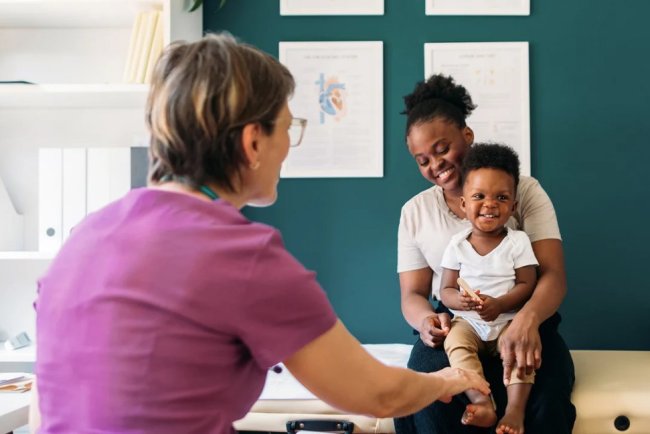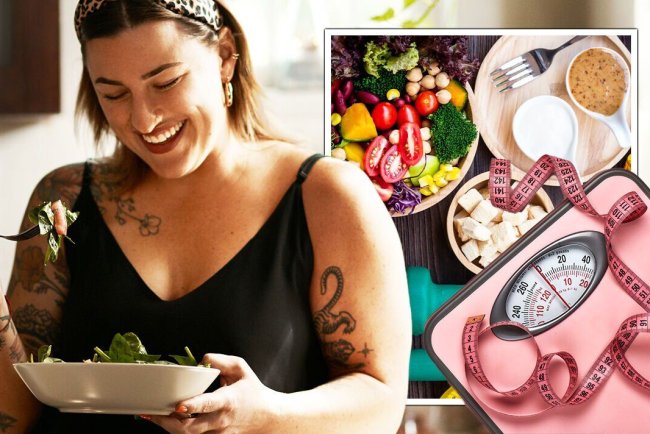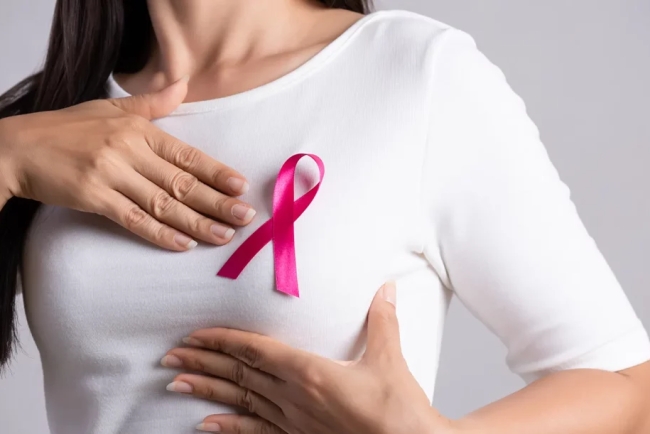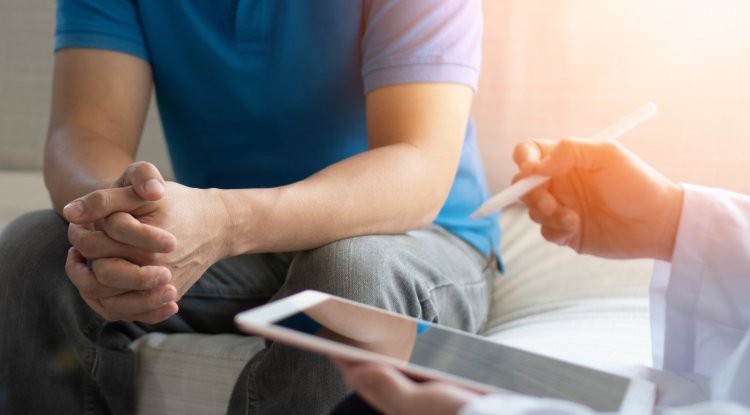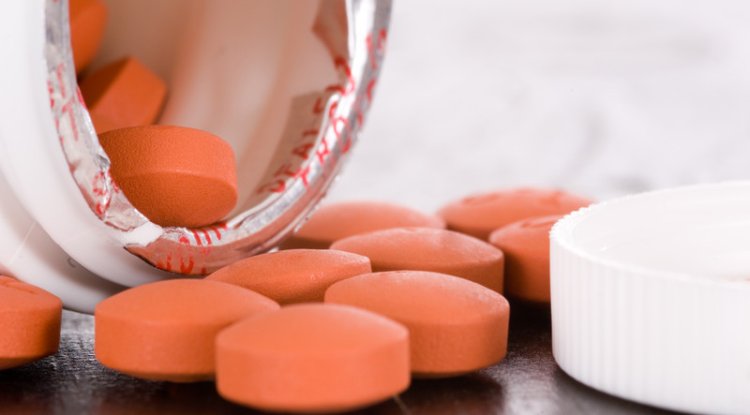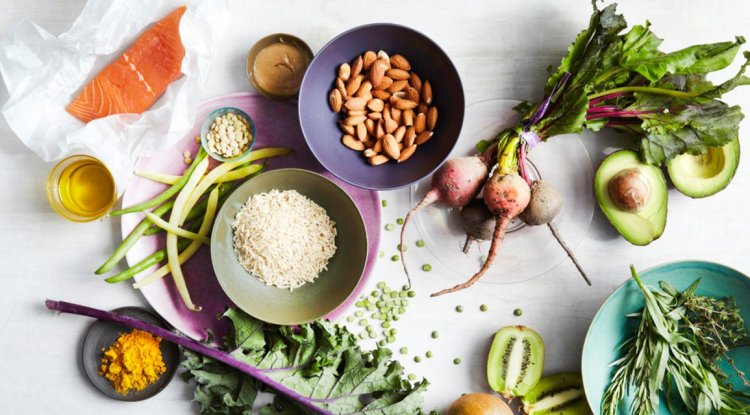Have We Lost Faith in Medical Professionals? An in-depth examination of skepticism, disinformation, and the brittleness of public trust
Almost everything in our world is dependent on professionals. I take it that you would not do your own car's brakes? You probably do not argue with your pilot in midair about the ideal height or examine your own electrical problems. However, a startling number of people have begun doing just that in the field of medicine, especially in the area of public health recommendations around COVID-19.
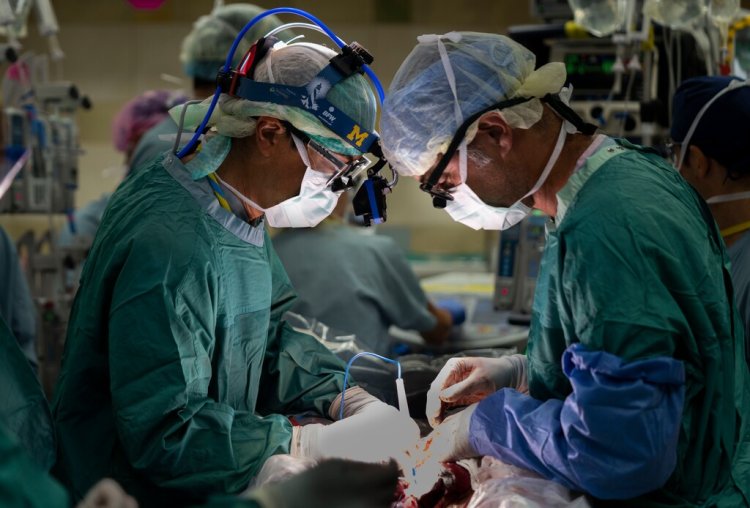
Many have resorted to influencers, distant friends, or questionable sections of the internet rather than hearing from medical professionals, epidemiologists, and immunologists with decades of experience. Why?
Let us dissect it with subtlety, candor, and a modicum of humility.
Why Not Trust Your Doctor the Way You Trust Your Mechanic?
Let us say your mechanic informs you that your brakes are completely worn out. Most likely, you would ask some clarifying questions and perhaps even get a second opinion. But since you are not an automotive engineer, let us face it, you would finally heed their counsel.
Now picture your response to that same mechanic: accuse them of trying to restrict your freedom, rage at them for participating in a "brake repair scam," or quote something your cousin's friend heard on a forum about using vegetable oil on your tires instead. It sounds absurd, doesn't it?
Despite the advice of highly regarded organizations such as the FDA, NIH, and CDC, many people have disregarded professional advice in favor of untested "alternatives" like ivermectin or viral disinformation campaigns promoted through meme-heavy Twitter threads and YouTube videos.
The "Do Your Own Research" Movement's Perilous Romance
For people who disagree with the counsel of conventional science, the expression "doing my own research" has become a rallying cry and a badge of honor. In actuality, however, your "research" is probably a carefully chosen collection of blogs, biased videos, and TikToks masquerading as science—unless you are a virologist reading peer-reviewed papers and examining primary data.
The majority of individuals do not read real medical research. They are absorbing other people's interpretations of research, which are frequently skewed by political or emotional factors. Asking questions is entirely OK, but it depends where and how we look for answers.
When false information seems simpler to comprehend than the truth, mistrust flourishes.
How Did We Arrive Here?
It took time for the public's trust to decline. It was complicated, slow, and driven by a number of interrelated factors:
Politics poisoned the well: COVID-19 quickly became a contentious subject in the United States. As public health guidelines changed, some people interpreted recommendations like masks or vaccines as evidence of ineptitude or manipulation instead of what they truly were: reactions to new information.
Misinformation was amplified via social media: Unbelievable statements were disseminated by a few popular accounts, and they spread more quickly than any CDC bulletin could.
"Pseudo-experts" are becoming more prevalent: Not all MDs are made equal. Doctors from unrelated specialties, such as radiologists or chiropractors, portrayed themselves as experts on infectious diseases during the epidemic, frequently at odds with the real public health specialists.
Having conflicting messages did not help: Do you recall when officials first warned against mask use? As our understanding of the virus's propagation improved, that advice was modified. However, many viewed these changes as a reversal of course rather than science evolving as it should.
Let us Discuss Freedom and Fear
Something more primordial lies beneath it all: fear. People felt powerless throughout the pandemic. And taking charge, even if it is merely by defying authority, is reassuring when you are feeling vulnerable.
Many people who refuse vaccinations or masks justify their decision as one of "freedom." However, freedom without accountability is recklessness, not liberty. Particularly when your personal decisions have an impact on those in your immediate vicinity, such as your neighbors, your cousin with a compromised immune system, or the stranger you are seated next to at the supermarket.
So… Do We Need to Quit Asking Questions?
Absolutely not. However, ask the appropriate individuals. Consult your physician. Inquire with public health experts who have spent their entire careers preparing for situations such as this. Additionally, keep in mind that "We are still learning" is frequently, if not always, the right response.
Magic is not medicine. It is disorganized. It is changing. Indeed, it does occasionally change its mind. However, that does not negate the fact that it is based on actual work, actual expertise, and actual data from millions of cases.
Consider whether the source of your knowledge is someone who is trained to assist or someone who is merely attempting to get popularity.
In conclusion, it is up to us to restore trust.
Trust, which is more subtle and difficult to quantify, is just as important to our health as immunizations and ventilators.
What's Your Reaction?







